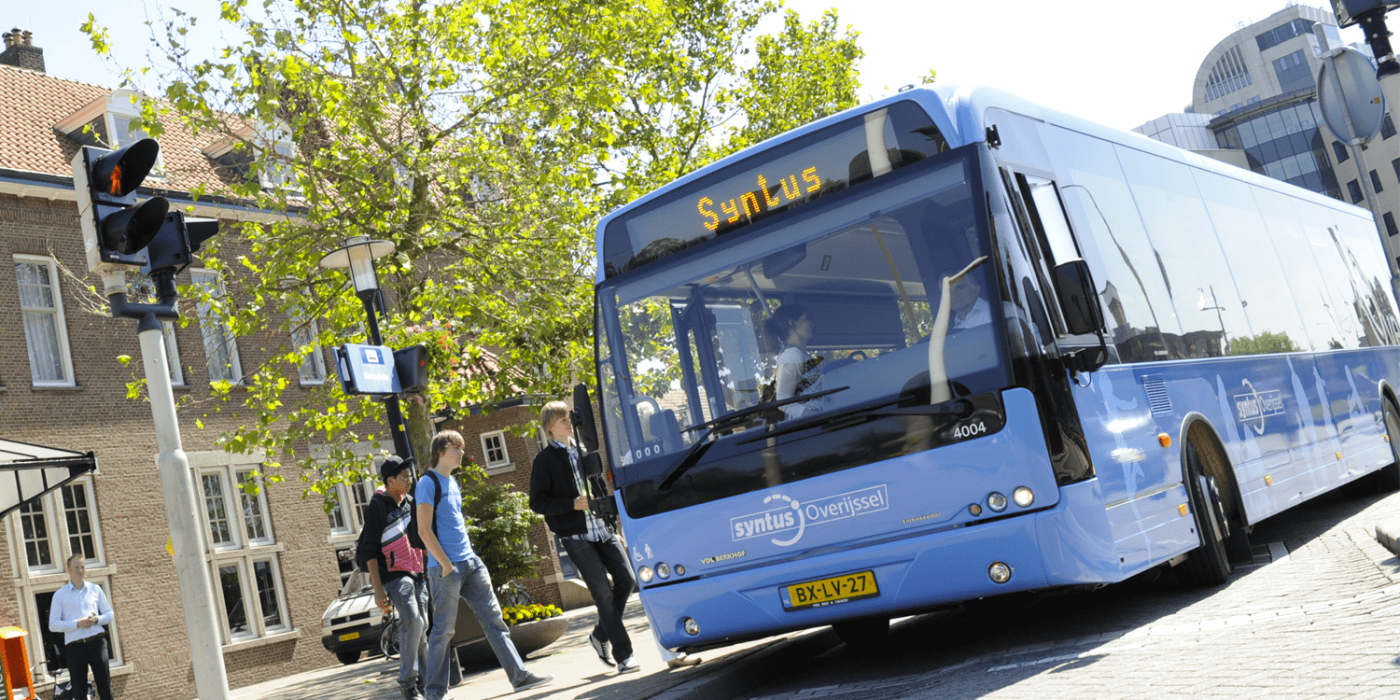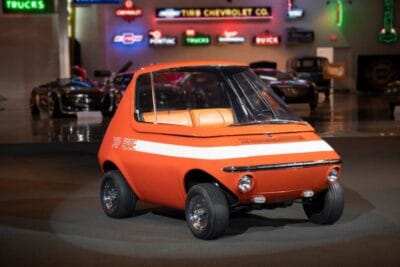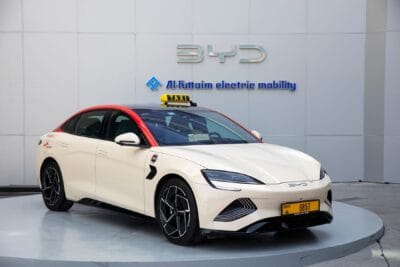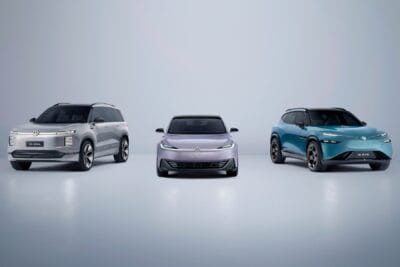Keolis to run 300 electric buses in the Netherlands
In the Netherlands, Keolis has been awarded a new contract to operate the country’s largest electric bus fleet to date.
The contract worth 900 million euro will see Keolis Netherlands, the Dutch subsidiary of a public transport operator from France, providing operation and maintenance of 300 electric buses, as well as the necessary charging infrastructure. The contract will serve the Dutch provinces of Overijssel, Gelderland and Flevoland and is valid for a ten-year period starting from 13 December 2020.
Electric bus operations will initially start in Overijssel and Gelderland (eastern Netherlands) in December 2020. From 2021, the first electric buses will also be in operation in Flevoland (centre of the country). The new electric buses will serve a total of 53 stations in the east and centre of the Netherlands and will carry 17 million passengers annually.
Netherlands bus transport areas have been been recently reorganised: the current seven areas have been reduced to three larger ones. The three areas have a total of more than 3.5 million inhabitants living in urban and rural areas, including several medium-sized cities with 50,000 inhabitants or more, such as Deventer, Apeldoorn and Ede. Keolis will support the three transport authorities in the transition to zero-emissions by replacing existing diesel buses.
CEO of Keolis Netherlands Frank Janssen. “We are very pleased to have won this concession. Not only because we keep our current transport areas Veluwe and Midden-Overijssel, but especially because we can continue to serve our travellers there and further expand our services. It is highly appreciated that three provinces have taken the bold step together to enable travel across the former concession borders. The IJssel-Vecht concession is the first example in the Netherlands that really gives an indication of the fact that people want to travel unlimited in a large area”
Keolis has had a subsidiary operating in the Netherlands since 1999, providing regional train services, bus rapid transit (BRT), bus, on-demand transport and shared bicycle services. The newly won contract to operate 300 battery-electric vehicles involves a network made up of around 140 lines, serving 53 stations. More than 700 employees will operate the network, which will have been expanded with 200 new employees.





0 Comments